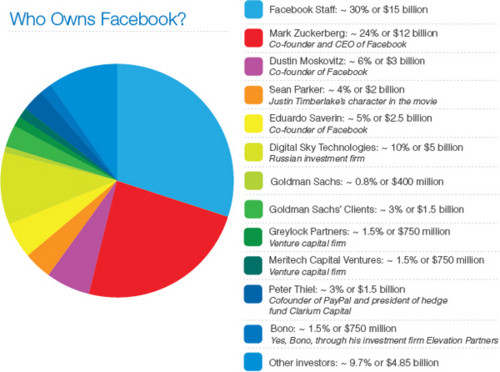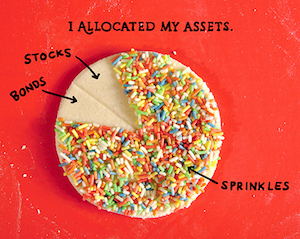
If gold is the same thing as cash, why can’t you use your gold medals to pay for coffee?
- 40 years after the U.S. dollar stopped being backed by actual gold, JP Morgan is saying that if you’ve got enough of the metal, it will trust you with a loan. From now on, some of their clients will be able to use their gold holdings as collateral* on certain loans.
- This is kind of a big deal. It means that the bank thinks gold, cash, and (super-low-risk) U.S. Treasury bonds are all equally safe bets.
- For a long time, investors stayed away from gold. There weren’t that many gold buyers around, so if you suddenly needed to sell your gold for cash (to buy that cup of coffee, maybe), it would take too long.
- Supporters of the gold-as-collateral decision say that gold is a stable, real-life source of value that can be relied upon no matter how the economy changes. Skeptics point out that the price of gold changes every single day on the commodity market.
*Collateral is something of value (e.g. your house, your credit card, your firstborn) that you give to a lender until you’ve repaid your debt. If you don’t repay your debt, the lender gets to keep whatever you’ve put up as collateral. For instance, if you loan your friend $10, you can keep his sunglasses as collateral until he gives you the money back.
Facts & Figures
- More than $100 billion in trade occurs in the gold market every day
- Former U.S. President Nixon stopped backing up the dollar with real gold in 1971
Best Quote
“When a bank, such as J.P. Morgan, is willing to extend collateral value against an asset such as physical bullion, it shows that they are not worried about the liquidity issue if they might take the collateral over or they have to liquidate the collateral.” – Frank McGhee, Head Precious Metals Trader, Integrated Brokerage Services
What do you think?
Does an old-fashioned form of currency like gold have a place in today’s plastic society? Do you know if there’s any gold in your investment portfolio?


